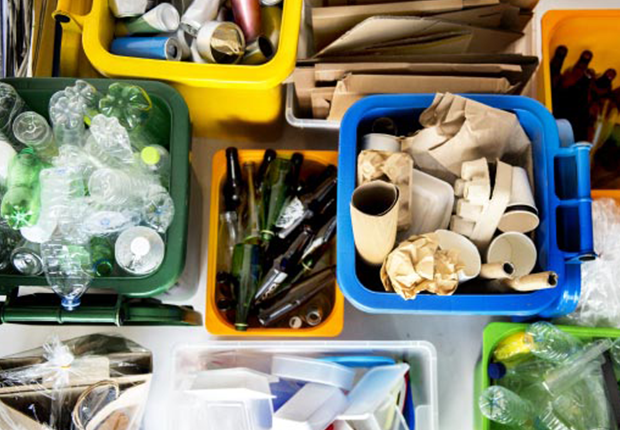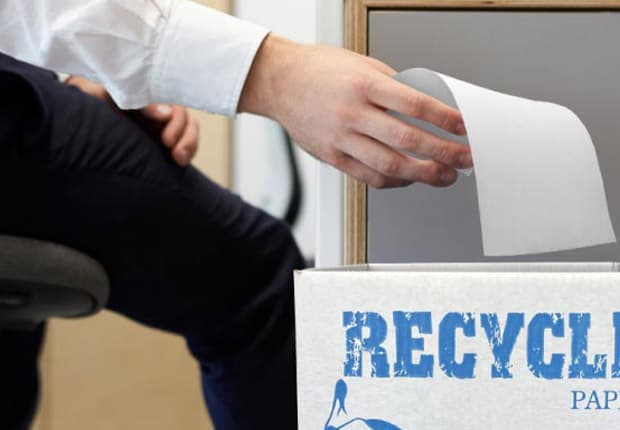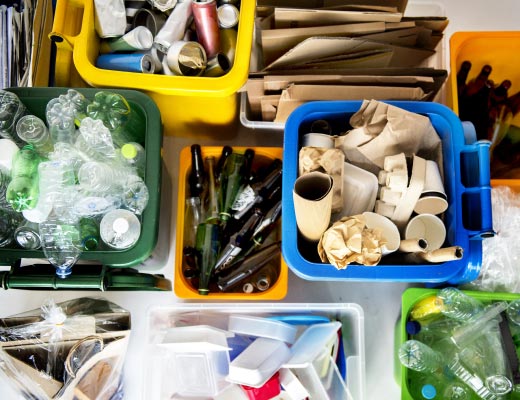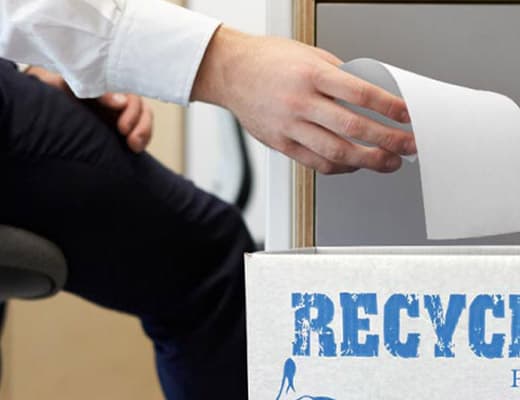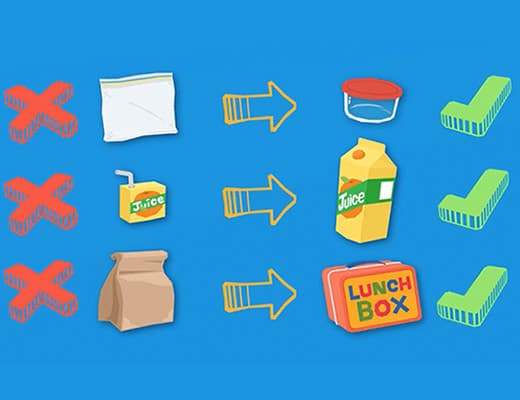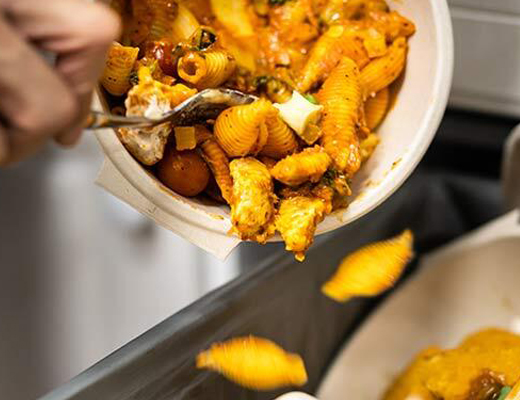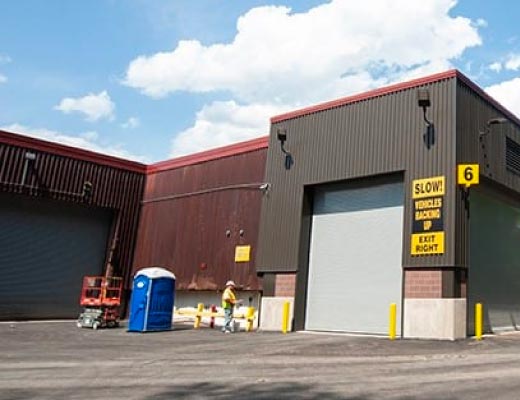Reducing the amount of waste you produce at home, work or school is good for the environment, but it can be just as good for your finances. With some helpful tips from OCRRA, you can easily cut down on how much time and money you spend on managing waste.
Home
Reducing household waste is simpler than you might think. Here are some easy ways to get started:
- Reduce food waste. Buy only what you need, learn about date labels, use everything, eat leftovers.
- Remove yourself from mailing lists to stop the build-up of junk mail. There are multiple websites that can help you with this, such as optoutprescreen.com, www.dmachoice.org and www.catalogchoice.org.
- Pack reusable lunch boxes with refillable containers, avoid plastic bags.
- Opt out of receiving a phone book every year.
- Keep waste reduction in mind when shopping. Avoid excessive packaging and buy in bulk.
Work
Reducing waste at your business maximizes your resources and increases efficiency. Develop a waste reduction policy and educate your employees to ensure the best results. Some easy ways to get started include:
- Institute double-sided (duplex) printing and copying.
- Remove yourself from mailing lists to cut down on junk mail.
- Compost food waste from the company cafeteria.
- Use voice mail and email instead of paper communication.
- Circulate files digitally; only print when necessary.
- Use routing slips to circulate memos, documents and reports.
- Circulate one copy of a trade journal instead of getting multiple subscriptions.
- Use recycled content paper for all your printing needs.
- Opt out of receiving phone books.
- Arrange for a vendor to recycle your used ink cartridges.
- Use reusable plates, cups and glasses in the break room.
- Make sure your custodial service is properly recycling.
School
Creating a waste reduction program at your school teaches students to care for the environment at an early age. After all, the students of today will help shape the community of tomorrow.
Simple steps to get everyone involved in waste reduction:
- Compost food waste from the kitchen or cafeteria.
- Encourage students and parents to pack waste-free lunches in reusable containers; avoid plastic bags.
- Encourage the use of reusable water bottles.
- Provide a space for students to place unwanted materials at the end of the year, so they can be donated to other students or reused the following year.
- Donate unwanted books to a local library or charity, or start a student book exchange.
- Fundraise with a bottle drive or check out organizations like TerraCycle.
- Arrange for a vendor to take used ink cartridges.
- Reuse printed pages as scrap paper or for art projects.
- Consider online subscriptions to periodicals and other resources.
